Weekend Pick for June 24, 2022
Looking for something to read?
Check out our weekly suggestions!
Are your students looking for book recommendations?
Send them to browse through the picks for this or past years.
For the picks from 2021 click here
For the picks from 2020 click here.
For older picks click from 2019 click here.
For the even older picks click here.
Check out our weekly suggestions!
Are your students looking for book recommendations?
Send them to browse through the picks for this or past years.
For the picks from 2021 click here
For the picks from 2020 click here.
For older picks click from 2019 click here.
For the even older picks click here.
We send our deep gratitude to Dr. Celeste Trimble for her wonderful, insightful picks for the month of June!
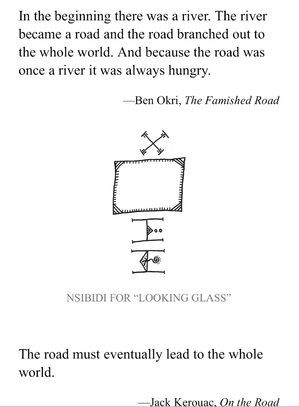
Akata Woman by Nnedi Okorafor
This weekend’s pick is Akata Woman by Nnedi Okorafor. The epigraph at the beginning contains two quotes from novels that have been important in my life. The first one contains the beginning lines of The Famished Road by Ben Okri, which won the 1991 Booker Prize for fiction. “In the beginning, there was a river. The river became a road and the road branched out to the whole world. And because the road was once a river it was always hungry.”
The next is a quote from On the Road by Jack Kerouac. “The road must eventually lead to the whole world.” Because both of these novels were pivotal for me as an adolescent, I was incredibly excited to read this third installation in the Nsibidi Script Series which began with Akata Witch, then Akata Warrior, and most recently, Akata Woman. And I knew that the story would center on the road. I knew it would be a spirit filled journey.
I had already been drawn in by the story of Sunny and her friends, each in a different place with their connection to, study of, and practice of Juju in the Igbo tradition of Nigeria and their Leopard powers. There is so much here about being true to one’s self in the midst of chaos and crisis, and about seeking and finding one’s strength. One element of this third installment of the series that is different than what drew me in initially but that I find particularly compelling is the connection with the Biafran Civil War (1967-1970). I only learned of this incredibly important aspect of Nigerian history three years ago because of an Uber driver who told me he was from Biafra, which I hadn’t heard of, so I looked it up. I am particularly drawn to fiction that will also help me learn about a history or place or tradition that I don’t learn much about in other ways and I want to share this aspect of the power of fiction with the young readers I know, too. Akata Woman does not shed too much light on this history, however it does provide a familiarity enough to inspire curiosity and give readers the tools to ask questions about it. I hope, just like I did when I first heard about Biafra, readers will do some further research.
Akata Woman is best read after the first two installments of the series. Readers who love magical realism, strong female protagonists, fast paced adventure, and rich descriptions of otherworldly beings will find so much to love in this novel and series.
This weekend’s pick is Akata Woman by Nnedi Okorafor. The epigraph at the beginning contains two quotes from novels that have been important in my life. The first one contains the beginning lines of The Famished Road by Ben Okri, which won the 1991 Booker Prize for fiction. “In the beginning, there was a river. The river became a road and the road branched out to the whole world. And because the road was once a river it was always hungry.”
The next is a quote from On the Road by Jack Kerouac. “The road must eventually lead to the whole world.” Because both of these novels were pivotal for me as an adolescent, I was incredibly excited to read this third installation in the Nsibidi Script Series which began with Akata Witch, then Akata Warrior, and most recently, Akata Woman. And I knew that the story would center on the road. I knew it would be a spirit filled journey.
I had already been drawn in by the story of Sunny and her friends, each in a different place with their connection to, study of, and practice of Juju in the Igbo tradition of Nigeria and their Leopard powers. There is so much here about being true to one’s self in the midst of chaos and crisis, and about seeking and finding one’s strength. One element of this third installment of the series that is different than what drew me in initially but that I find particularly compelling is the connection with the Biafran Civil War (1967-1970). I only learned of this incredibly important aspect of Nigerian history three years ago because of an Uber driver who told me he was from Biafra, which I hadn’t heard of, so I looked it up. I am particularly drawn to fiction that will also help me learn about a history or place or tradition that I don’t learn much about in other ways and I want to share this aspect of the power of fiction with the young readers I know, too. Akata Woman does not shed too much light on this history, however it does provide a familiarity enough to inspire curiosity and give readers the tools to ask questions about it. I hope, just like I did when I first heard about Biafra, readers will do some further research.
Akata Woman is best read after the first two installments of the series. Readers who love magical realism, strong female protagonists, fast paced adventure, and rich descriptions of otherworldly beings will find so much to love in this novel and series.
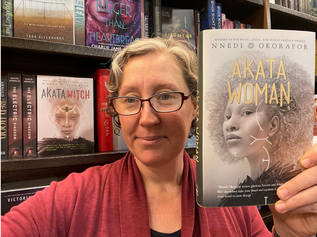
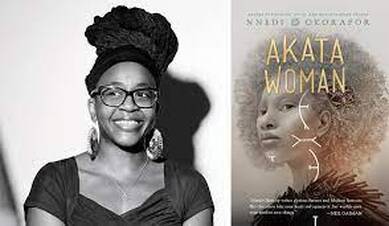
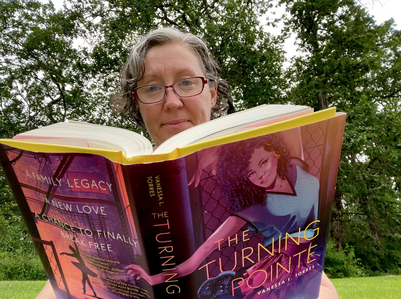
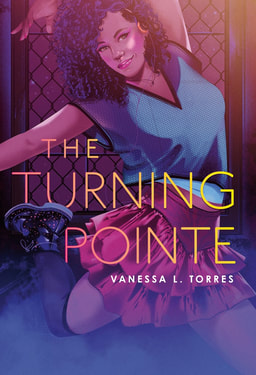

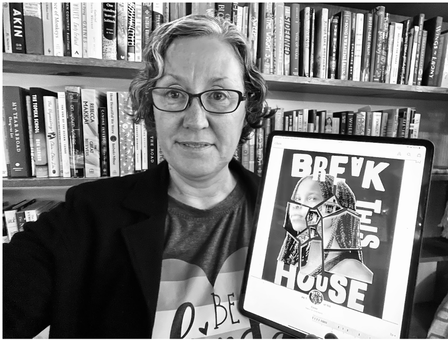
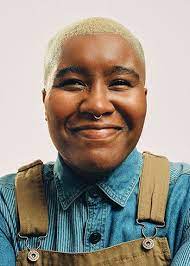
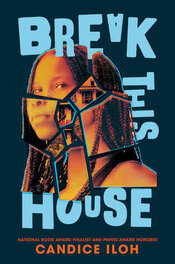
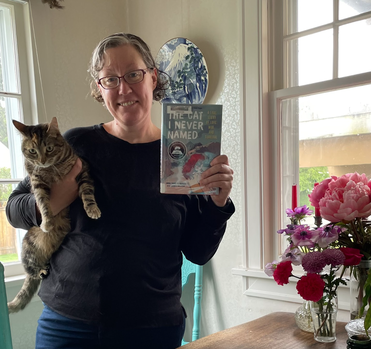
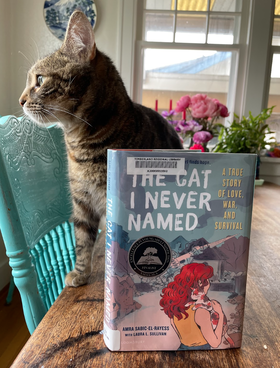
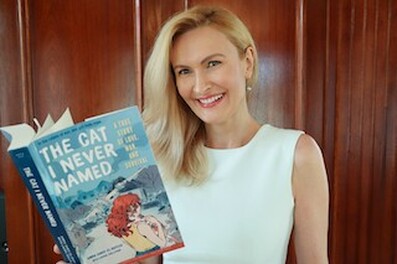
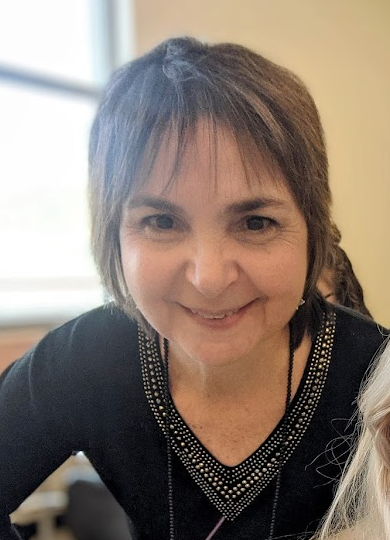

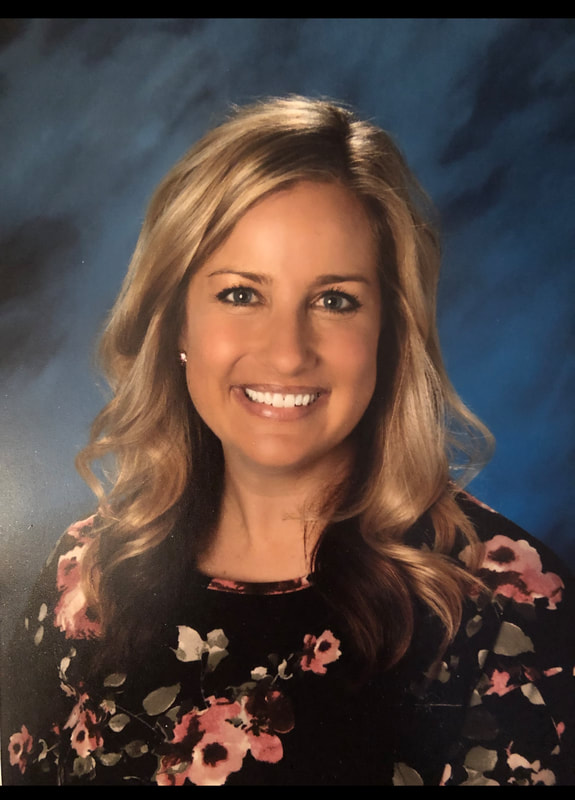
 RSS Feed
RSS Feed